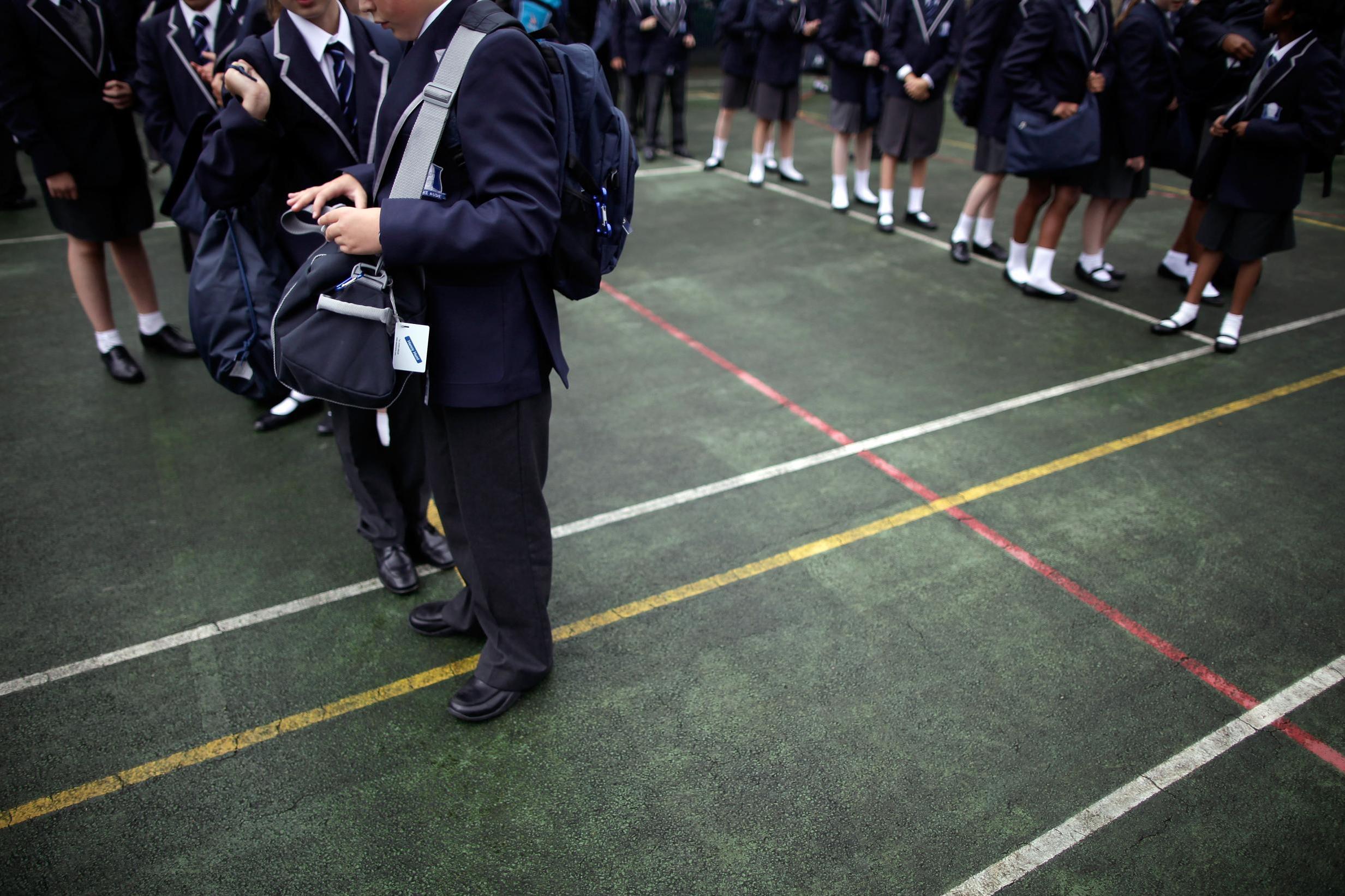Why might more parents be left disappointed on National Offer Day?
Analysis: As pupils receive school places, Eleanor Busby looks at how it varies across England


The anxious wait for news on secondary school places is finally over for parents across England.
Hundreds of thousands of families have been told which school their child will attend in September.
For the majority of parents, it will be good news. Around four in five pupils receive their top choice.
But the picture can vary significantly depending on which area of the country you live.
In London, a third of pupils missed out on their preferred secondary school this year. And the picture is even more stark in Hammersmith and Fulham where 47 per cent failed to secure their top choice.
And yet, in areas further away from the capital, the demand for school places is much less. For example, in East Riding in Yorkshire, only 5 per cent of pupils did not win places at their preferred schools this year.
But headteachers are warning that there could be another rise in the number of families who are denied their top choice this year as the early-2000s baby boom is still making its way through the school system.
Government forecasts released in 2018 show that secondary school pupil numbers in England will rise by nearly 15 per cent over a nine-year period. The population is expected to peak at 3.3m by 2027.
As more pupils move into the secondary school system, the competition is heating up.
For those who are unlucky and miss out on their preferred secondary school, the chances of securing a successful appeal are also lower than in previous years.
Figures released last year revealed that the number of parents appealing because they are unhappy with their child's allocated secondary school place has increased by a third over the past three years.
And yet, the proportion of appeals that were successful has fallen from 26.6 per cent in 2015-16 to 23.3 per cent in 2018-19, the data shows.
The government has known about the growing pupil numbers and the need for additional provision – and yet in some areas there has been a shortage of secondary school places.
Last year, hundreds of families in London and Hertfordshire were not allocated any secondary school places on National Offer Day. They were left in limbo waiting to hear where their child would be placed.
Councils, who are responsible for making sure there are enough places, are not able to force academies and free schools to expand. And in the current climate, many state schools would argue they do not have enough staff or resources to admit more pupils because of funding pressures and teacher shortages.
Even if the number of parents securing their preferred schools does increase, we will have to wait and see what the school experience will be like. Larger class sizes and fewer teachers could be on the cards.
Join our commenting forum
Join thought-provoking conversations, follow other Independent readers and see their replies
Comments